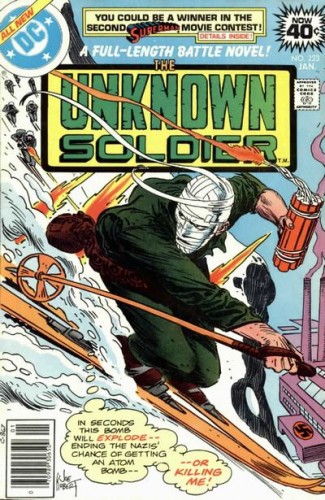
Why this endless Easter Parade of unknown authors? Why this ‘Great Trek’ through ranks of old writers whom no one’s ever heard of today?
 Well, there’s a reason for it. Here’s the reason: Popular philosophers and writers in every age touch a chord with the culture that surrounds them. They tap into something pre-existing in the world, sometimes close to term but not yet born, which comes alive at their word. David Foster Wallace could be an example of this, and maybe Jonathan Franzen. It’s as if these inspired people have dog-whistles to the ‘dog world’ of humans, which seems deaf to other tunes and signals.
Well, there’s a reason for it. Here’s the reason: Popular philosophers and writers in every age touch a chord with the culture that surrounds them. They tap into something pre-existing in the world, sometimes close to term but not yet born, which comes alive at their word. David Foster Wallace could be an example of this, and maybe Jonathan Franzen. It’s as if these inspired people have dog-whistles to the ‘dog world’ of humans, which seems deaf to other tunes and signals.
Well, unknown authors who were once well known — such as Cozzens, Cobb, and Connelly — can bring to the light ideas and themes that are hidden currently. Cozzens gives us an emotional reality of inner dialogue that today is suppressed because of political correctness but is still taking place underneath the masks of people. Cobb gives us the Christian Grace of God in a way so explicit yet also well hidden behind the front porches of small Southern towns where the wounds of the Civil War are still open. Marc Connelly offers us the most beautiful expression found anywhere within 20th Century American drama, of the Newness of the New Testament — but all in “Black Face”. “The Green Pastures” could barely be performed today without people taking offense. Yet nowhere else is the New Testament so New!
Today’s “unknown, and yet well known” author is Philip Wylie (1902-1971). Wylie was once a name every bit as big as David Brooks’. His books sold millions of copies, and his stories, mostly in the ‘Saturday Evening Post”, even more. He wrote many movies and more TV shows. But today, who’s ever heard of Philip Wylie, let alone read him? He has so much to teach us!
His chapter on Christ in Generation of Vipers — it is the last chapter of that disturbing book and is called “The Man on the Cross” — is both terrible and wonderful. There is “unknown” insight to it, and a lot of reverence for Jesus. There is also “known” controversy to it, and some disturbing “reactive” expressions, too.
Wylie’s The Disappearance, the subject of Podcast 48, you might think is misogynistic, until you read it. Then again, you might think it a feminist tract, until you read it. Then again, too, you might think it is anti-religion, until you read it to the end. “The Disappearance” is many things, most of them wonderful, many of them healing, all of them written by a “Man with the X-Ray Eyes” (Roger Corman, 1963).
Wylie is your classic author who is “unknown, and yet well known” (II. Corinthians 6:9); and whose once-popular insights are now unpopular and therefore needing to be lifted above the waves.
This approach is a sort of Theology of the Cross for readers. You’ll get some of your best insights today from writers who are completely forgotten today. It is these unknowns who become our new prophets.
And then, in 60 years, closeted theologians of the Cross will be finding yellowed and falling-apart copies of Wallace and Franzen and saying to themselves, Why didn’t anybody tell me about these guys? All I ever get to read in school these days are James Gould Cozzens and Irvin S. Cobb!

COMMENTS
Leave a Reply












